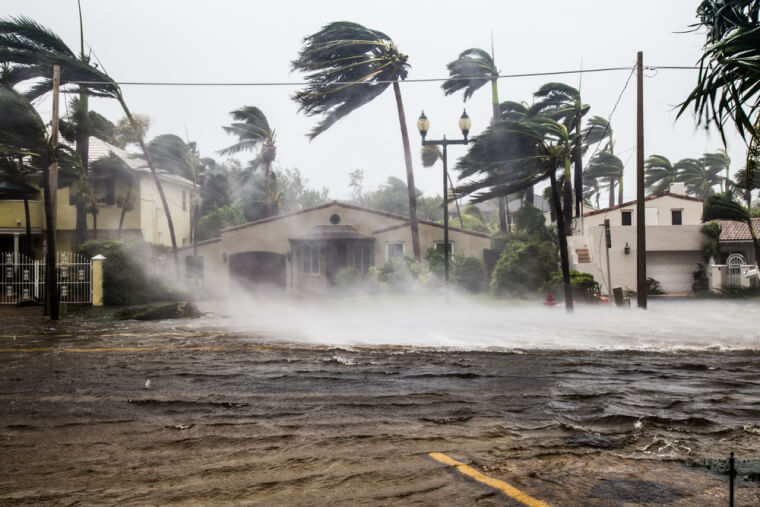1. Our Food
No matter where we are in the world and what our culture, personality, or language is, we all have one thing in common. As humans, we need to eat to survive. For this reason, it's very hard to ignore the impact of climate change on food. It's scary, but the CO2 that is accumulating in our atmosphere thanks to fossil fuel emissions is gradually changing the composition of the fresh fruits and vegetables we eat, lowering both the quality and nutrition of the crop. This is caused by the acceleration of photosynthesis thanks to exposure to the extra CO2, meaning that plants grow and contain more sugar and less protein, calcium, zinc, and important vitamins. According to researchers at Harvard University, this worrying trend could lead to dramatic dietary problems for people - these changes in plant physiology could render 175 million more people zinc deficient, and at least 100 million more people protein deficient by the middle of this century. However, this can be reversed if we sufficiently reduce our carbon emissions globally.
2. Our Health
Medical professionals have been sounding the alarm about the risks to our health as a result of burning fossil fuels for many years now. The Covid-19 pandemic has already shown how devastating respiratory illnesses can be, even when combated by modern medicine, and the fossil fuels we burn can lead to an array of respiratory diseases, such as asthma. These diseases can affect both children and adults, ranging anywhere from mild to fatal. In fact, according to the World Health Organization, air pollution kills an estimated 7 million people worldwide every year. You might think this is an issue faced only in developing countries, but the US recorded over 60,000 air pollution-related deaths in 2019 alone. It's not just respiratory health concerns either. Carbon emissions damage the human body and mind in other ways. Warmer temperatures have been linked to heat strokes, but also to a small percentage increase in mental health issues including anxiety, stress, and even PTSD.
3. Our Homes
There is already a cause for concern for those living in coastal communities around the world. As global temperatures rise, ice caps and glaciers melt, leading to the steady rise of sea levels. This increasing volume of water creeps up coastlines and gradually swallows up land and destroys homes. On the east coast of the US, for example, the median annual number of flood days more than doubled between 2005 to 2015, all in just ten short years.



